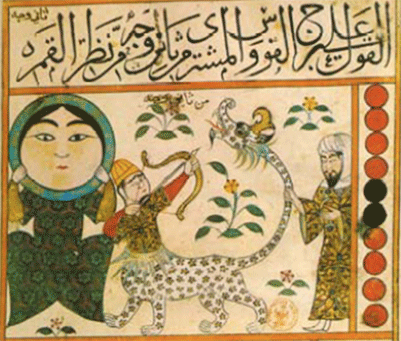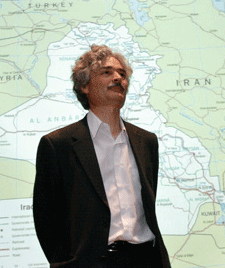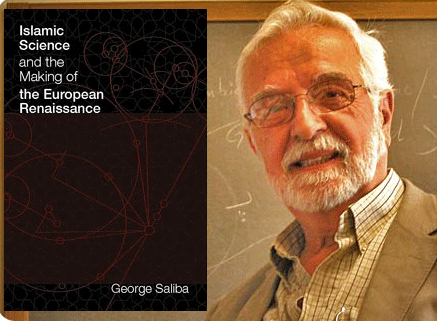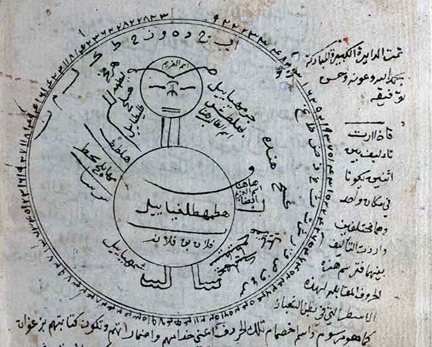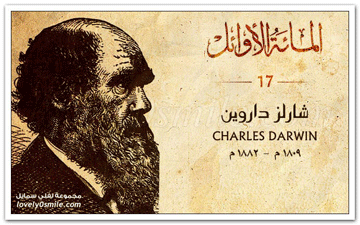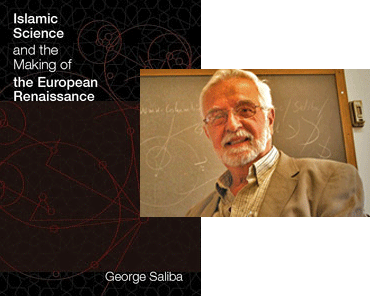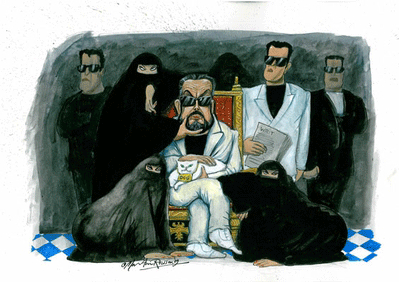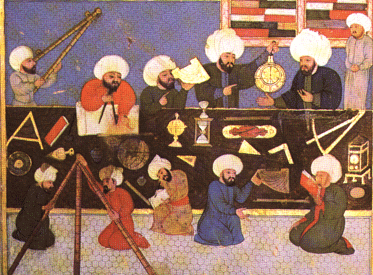
Time Reckoning
Era means a definite space of time, reckoned from the beginning of some past year, in which either a prophet, with signs and wonders, and with a proof of his divine mission, was sent, or a great and powerful king rose, or in which a nation perished by a universal destructive deluge, or by a violent earthquake and the sinking of the earth, or a sweeping pestilence, or by intense drought, or in which a change of dynasty or religion took place, or any grand event of the celestial and the famous tellurian miraculous occurrences, which do not happen save at long intervals and at times far distant from each other. Al-Bîrûnî (1879:16)
Time is relative. Given the modern world’s reliance on formalized calendars and machines that define time for us, it is easy to forget that the expansion of Islam occurred at a time when telling time was not dependent on a formal science of astronomy. How time is measured is not only a practical issue but also reflective of the desired interval of duration and the precision in defining it. Simple observation of the sun rising and setting, as well as its location, can easily yield calendars to determining hours, days, months and years. Similarly, the moon’s phases made it a useful measure for the Islamic lunar calendar. Observations of movements by the stars, as well as the planets, also provided practical ways of measuring units of time both short and long. Continue reading Islamic Folk Astronomy #2
